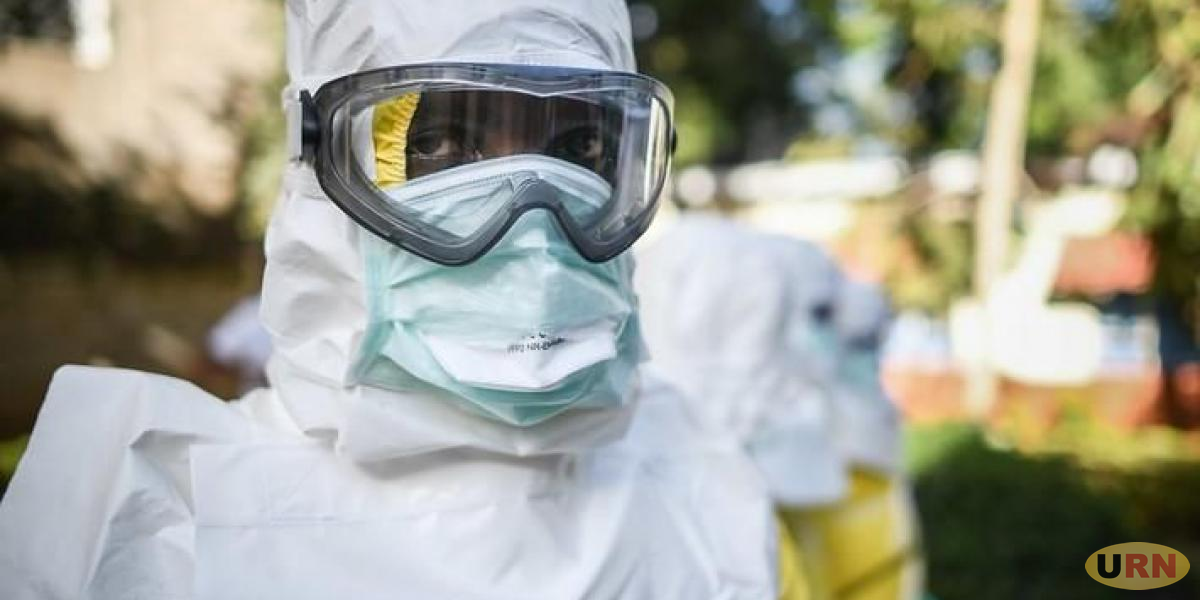The EU has mobilised further emergency funding of €3 million to support the response to the Ebola outbreak in Uganda.
The Ministry of Health has confirmed nine cases of Ebola in the Greater Kampala region. This brings the total number of patients in the capital to 14 within the last 48 hours.
Earlier, Health Minister Jane Ruth Aceng said five cases had been isolated in Kampala, confirming the first known transmission of the virus in the city. But these are known to have been transferred to the Entebbe Isolation Centre for Treatment Unit last evening.
Aceng says that the nine new cases are contacts of the fatal case who came from Kassanda district and passed on in Mulago Hospital. They include seven family members from Masanafu and one health worker who managed him in a private clinic together with his wife from Seguku.
A statement from the EU delegation in Uganda says part of the funding (€1.5 million) will support the World Health Organisation in its coordination and surveillance activities, safe and dignified burials, as well as logistics and follow-up and care of survivors.
While €1 million will be allocated to UNICEF to address infection prevention and control, as well as risk communication and community engagement while the remaining €500,000 will go to the International Rescue Committee for preparedness and infection prevention and control in the most exposed refugee settlements.
“We are exploring all available options for providing additional support in responding to the Ebola outbreak”, stressed Commissioner for Crisis Management Janez Lenarčič. According to the statement, the EU has already allocated €200,000 to the Uganda Red Cross Society to support its activities on coordination, surveillance, contact tracing, risk communication, community engagement, and safe and dignified burials.
An additional €100,000 was allocated to the Kenya Red Cross to support its preparations at-risk locations in view of possible cases in Kenya, and €50,000 to help the Red Cross prepare in South Sudan. As of October 19th, 2022, Uganda had confirmed 64 cases of the Ebola Virus-Sudan strain, with up to 25 confirmed deaths– including four health workers.
There is no known vaccine for this strain. The EU said it remains in contact with the Uganda authorities, the WHO, and partners on the ground on further steps. In addition, the EU team on the ground has been reinforced with the short-term deployment of a health expert.
The outbreak of the Sudan variant of the Ebola Virus Disease was first confirmed on September 20, in Mubende district. The disease later spread to the areas of Kassanda, Bunyangabu, Kyegegwa, and Kagadi.
In the aftermath, President Yoweri Museveni imposed a 21-day lockdown on Mubende and Kassanda districts to contain the disease outbreak. During this time, the areas will be under an overnight curfew running from 7 pm to 6 am, movement to and from the two districts will be restricted, while places of worship and entertainment centres will not be allowed to operate.
A Ministry of Health statement on Sunday 23, October said the outbreak had so far infected 75 people and killed 28. At the time, the Mulago Unit had 58 contacts under quarantine.


